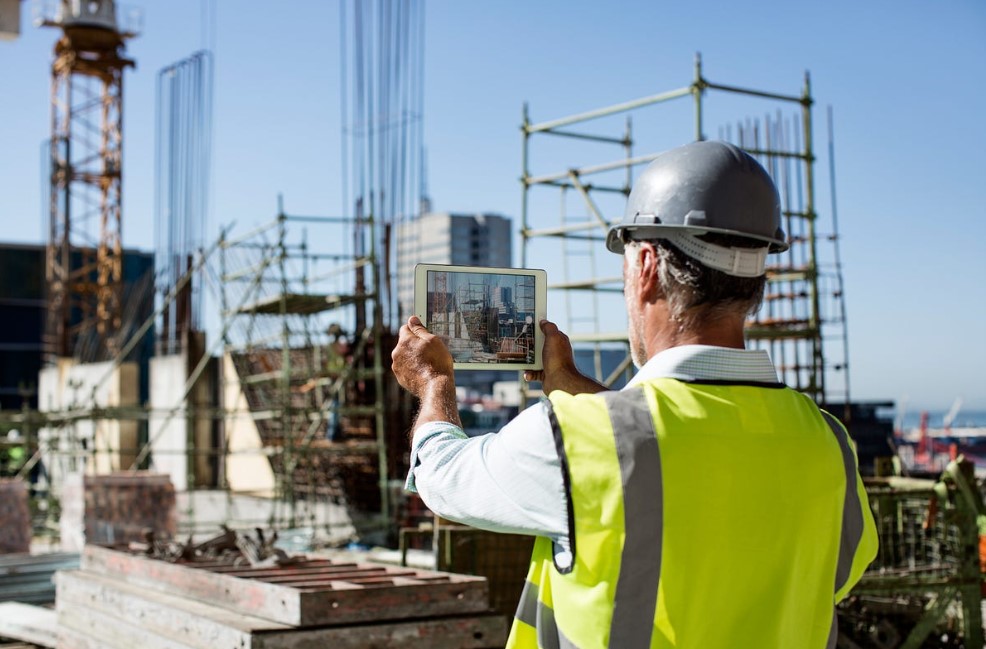Transforming construction: The evolution powered by technology.

Construction is a traditional industry that’s undergoing remarkable digital transformation. Old processes and methods are being replaced with innovative practices that boost efficiency, precision and cost-effectiveness.
These improvements benefit everyone involved in construction projects including clients, contractors, designers and project managers. Below we delve into some of the technologies helping to revolutionise the sector.
Building Information Modelling (BIM)
A major development that’s streamlined construction processes and project management has been BIM. Managing different stakeholder demands and information sharing between associated parties in a project has been traditionally challenging.
Thanks to BIM, collaboration in designs, project visualisation and planning accuracy can be facilitated much more seamlessly. Modelling can be shared and improvements suggested by everyone involved, from engineers to project managers.
Prefabrication and modular construction
Traditional labour and time-intensive methods used on building sites have competition from prefabricated alternatives. It’s a building trend that’s come back around in many ways. The building site is shifting to a place of assembly in many cases.
Off-site fabrication of modular units helps to reduce project timelines and costs. Clients can also skip much of the complexity of design and architecture with off-the-shelf modular units and building solutions. For functional buildings such as hospitals, modular construction is becoming increasingly popular.
3D printing and additive manufacturing
A revolutionary technology that will surely have far-reaching impacts on global construction is 3D printing, otherwise known as additive manufacturing. Its brilliance lies in its versatility to be able to manifest everything from intricate components to entire structures with a rapid layering system.
Currently, printing is limited to certain materials such as resins sourced from suppliers like RS. But as the technology develops, we should expect more manufacturing and construction settings to utilise these systems.
Smart construction and IoT integration
As digital innovation has developed, construction teams have applied new technologies to give astounding benefits. Smart construction and design methods have paved the way for even smarter buildings which help to make them more cost-effective, sustainable and convenient to run.
Sensors, alarms and other components combine to create data-rich IoT ecosystems on sites and within finished structures. With advancements in data analytics, safety monitoring, maintenance and energy efficiency have never been more attainable.
The construction world has changed dramatically from decades past. And more change is on the horizon with advancements in artificial intelligence and other innovations. Companies and individuals involved in the sector must remain up to date with new developments to benefit their projects and commercial ambitions.





